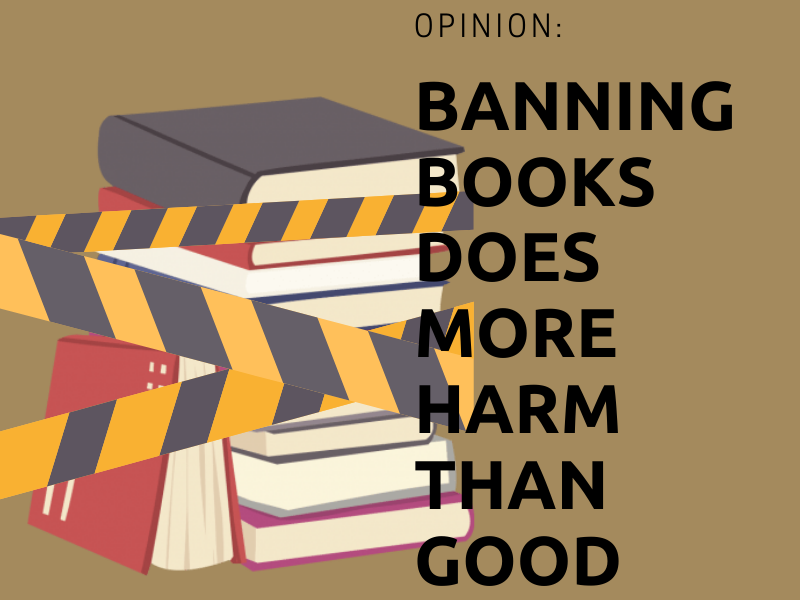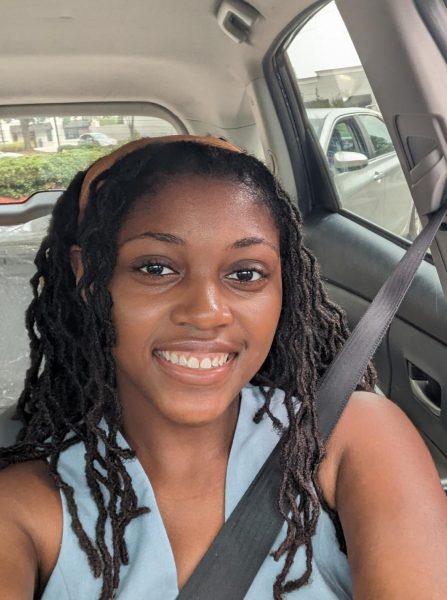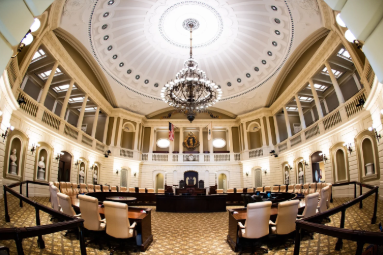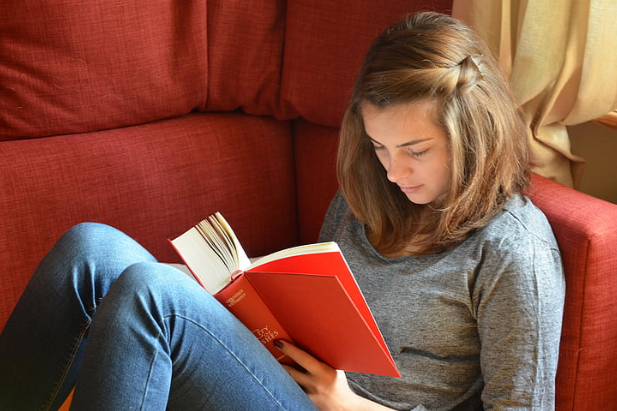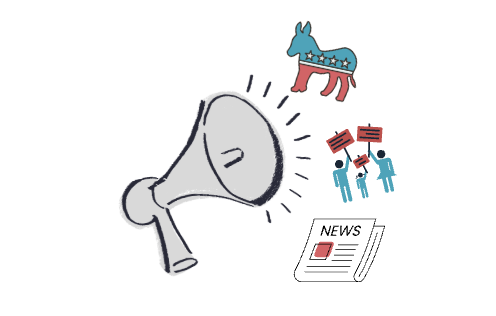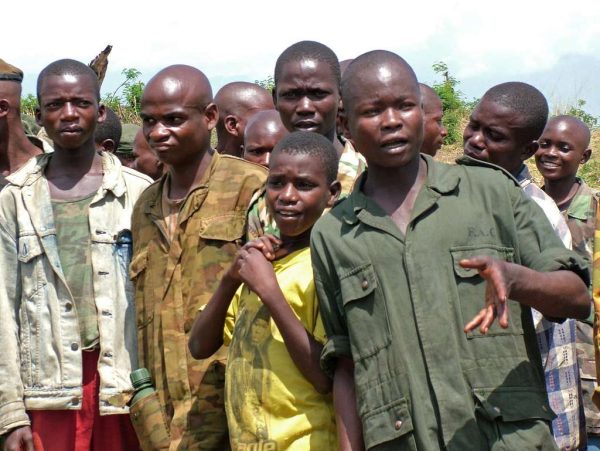Banning Books Does More Harm Than Good
Banned books in schools have reached the mainstream in recent years with movement springing up around the United States both to support and combat this trend. The question that remains is: “Does banning books actually help America’s children?”
October 6, 2022
In the past several years a heated topic in the news has focused on book banning in America’s classrooms. Arguments have erupted from both sides of the political and social spectrum: some arguing that book banning is a necessary part of protecting American children, while others argue that it encroaches on citizens’ right to freedom of speech and expression. To be clear, banning books in America’s classrooms is only useful as a way to further marginalize groups and further polarize communities.
Books such as “All Boys Aren’t Blue” by George M. Johnson, “The Hate U Give” by Angie Thomas, “The Bluest Eye” by Toni Morrison, and “Beyond Magneta” by Susan Kuklin were among some of the most challenged books of 2021. ALA.org hosts a list of some of the most banned books dating back to 1990. These titles joined an ever growing list of books that have been challenged or outright banned by some school districts. When looking at the books that have been challenged over the years, a disturbing trend emerges with most of these books focusing either on stories from marginalized groups, such as African Americans and the LGBTQ+ community, or “divisive” topics, such as police brutality and inequality.
Groups, such as the ‘Moms of Liberty,’ use rallying cries like “parental rights” to fan the flames, encouraging negative discourse among parents about their student’s reading materials. However, this is not an argument that parents should have no say in their children’s education, but rather a reminder that their personal view cannot be allowed to shape the education of all children. Personal values cannot be allowed to dictate education in American public schools, particularly seeing as the concept in and of itself presents an issue: what prevents parents of opposing viewpoints to have different views on what their children should be taught? Do they not have equally weighted claims?
Of the books challenged in the American school system, many of them focus on the LGBTQ+ community and gender and sexuality related topics. The arguments agaisnt these books generally focus on the “sexually explicit nature” of the books, however this reveals a double standard. Many of the same parents who complain about books having illustrations of two girls kissing have no objections to sleeping princesses being kissed by men without their consent. This double standard persists not just in education but also in everyday life, with gay couples continually being barred from public locations due to “inapporpriate behavior” that straight couples could engage in with no comment. Another popular argument for banning these books focuses on the religious aspect or, as proponents of this argument might call it, “anti-religion propaganda.” This argument is, plainly and simply ridiculous and not worth much attention. In a country founded on the ideologies of religious freedom the idea of banning books in public schools solely based on whether or not they align with a single individual’s religious beliefs is unreasonable. To those parents who cite this as a reason to ban books featuring LGBTQ+ content, private religious schools aligned with their religious beliefs are a viable option to solve the issue.
Also often a point of contention, many challenged books focus on race and racism in America. For example: “The Hate U Give” by Angie Thomas focuses on police brutality as well as the effects of racism on people of color and the challenges faced because of them. However, many would brand books such as this as being divisive and “anti-police.”It does beg the question, though: if these groups aren’t allowed to write about the challenges they face, then what are they able to write about? Books featuring diverse characters sharing their stories provide a voice to marginalized groups, and stories for them to celebrate and share. Describing books focusing on tackling racism as “divisive” is problematic as it encourages people of color to stay silent about these issues while doing nothing to address the problem at hand.
Ultimately, books are one of the greatest sources of knowledge available to students. Whether they be online or in a school’s library, books provide information and agency to all people regardless of background. To ban these books is to take away this agency, and deprive people of telling their stories. Millbrook librarian, Erika Larson, spoke about the influence of book banning, saying: “When books are banned, voices are silenced. As educators, we want to do all that we can to encourage young people to have deep and meaningful interactions with others. That comes from opening up their minds to all that the world has to offer.”
While many parents may feel that they are helping their children by refusing to expose them to things their personal values don’t align with, they are in reality raising immature but highly opinionated adults unable to understand other people’s beliefs without accepting them.
Banning books will only drive a further wedge between groups as each side is raised to become more and more confident in their own beliefs while having no patience or understanding for anyone else’s.


